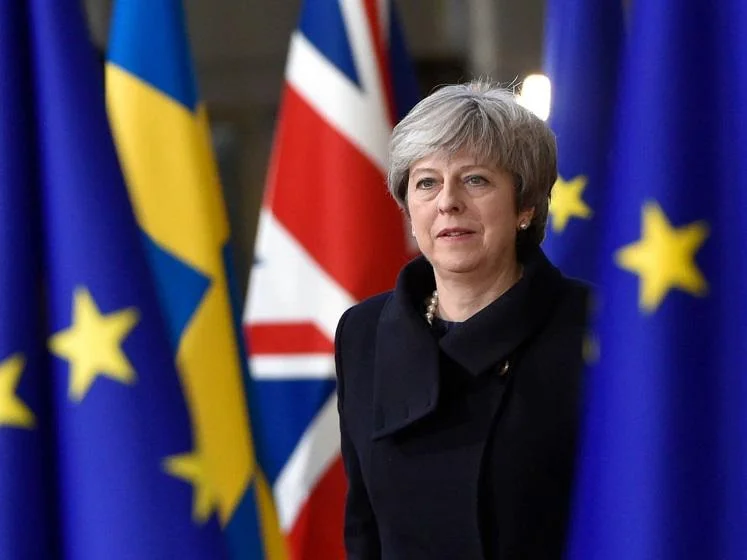Withdrawal symptoms

In 2016, following a fractious referendum campaign, Britain voted to leave the European Union (EU) by a margin of 51.9% to 48.1%. In March the following year, Britain invoked Article 50, stating its intention to end its EU membership within two years.
As the provisional exit date approaches, the type of arrangement that the UK has negotiated with the EU that will be put before parliament is beginning to emerge. The UK in a Changing Europe, a research institute offering research and analysis into the changing relationship between the UK and the EU, has been monitoring the Brexit negotiations throughout the process.
A panel of experts from a range of disciplines has been contributing to the project, including Professor John Ryan, a Fellow at LSE IDEAS. Other LSE academics involved in the project include Professor Damian Chalmers, Dr Sara Hagemann, and Professor Simon Hix, who have all held fellowships.
The most recent panel survey released by UK in a Changing Europe in October 2018, asks key questions around Brexit, with the expert's response reflecting the uncertainty around Britain’s future. While the majority of the panel expressed confidence that the UK would leave the EU by March 2019, they were not confident that Britain would agree to a future relationship within the 18-month planned 'transition period’.
The exit arrangement still needs to be passed by parliament, an outcome which the September panel viewed as far from certain.
Professor Ryan echoes the views of the panel: "It seems that whatever exit deal the prime minister Theresa May brings back will be likely to be voted down, because it’s impossible to satisfy the various constituents."
"The situation is very fluid, there are always deadlines that are being passed, and if this continues then the discussions around extending Article 50 will become more vocal," Professor Ryan adds.
Professor Ryan brings his experience as a consultant, academic and policy adviser to the panel. The value of the project, now over two years old, is becoming clearer as Britain’s planned exit date comes into view.
"We have come a long way with a lot of ideas debated in policy and academic circles, while the negotiation on the terms of Britain’s exit from the EU has been painfully slow. The public tuned out of the debate, and the media has not been on top of the issues."
"But people are becoming very engaged in the process as it nears its end, on what the prospect of a no deal means, and they are looking at how a second referendum could resolve the issue."
Academics have been criticised by some leave supporting groups for alleged bias, due to near total consensus amongst the academic community that exiting the EU would have a number of negative consequences for the UK. But Professor Ryan says the breadth of opinion involved in UK in a Changing Europe has been "impressive", and should act as a corrective to this charge.
Professor Ryan says: "There are many academics involved that don’t conform to the pro-European stereotype. They are experienced and well-respected figures. And if you look back at the research, it has been measured and reasonable in its findings."
Perhaps reflecting the mood of the country, remainers and leavers on the panel appear to be wedded to their positions, with no indication this will change in the short-term.
"When you look back to two years ago, there was lots of talk about the different trade deals that might be available to the UK, these haven’t really proved to be viable. Despite this, the debate hasn’t changed the opinion amongst the leavers," Professor Ryan says.
"But we are getting to the point now where something has to happen. And the panel is producing a lot of work to find practical solutions."